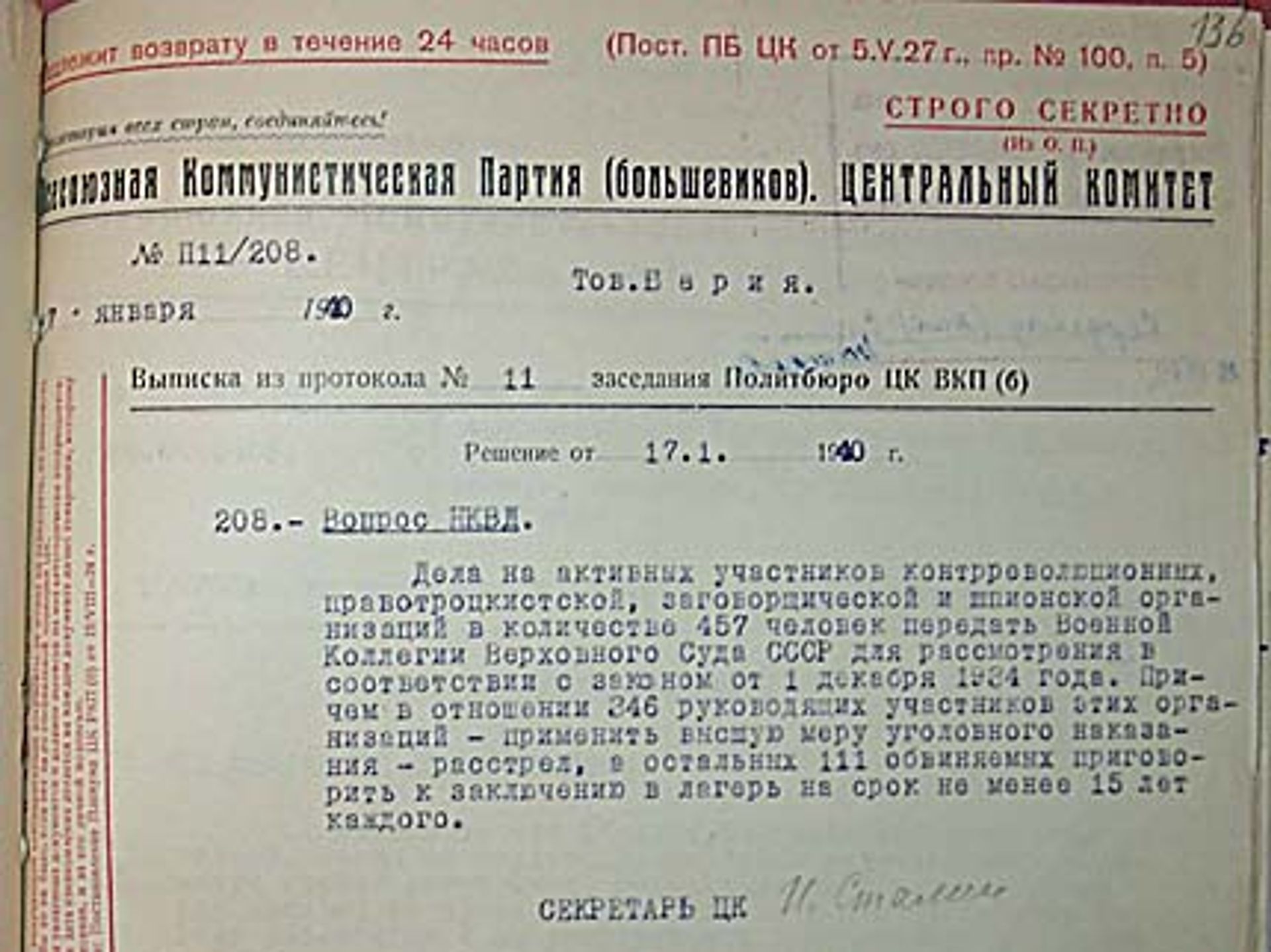
Politburo
What do people say about Politburo?
The perception of the politburo in the discussed media segments is overwhelmingly negative, often equated with authoritarianism and the dismantling of individual freedoms. References to the communist past highlight a system where dissent is met with violence and oppression, drawing parallels to current political climates perceived as increasingly authoritarian. The politburo is seen as a representation of bureaucratic control, often linked to corruption and the manipulation of power for the benefit of a select few. This historic context serves as a warning against the dangers of centralized power and the loss of democratic values in the United States.
Where are the conversations happening?
Sources like 'The Victor Davis Hanson Show' and 'America Out Loud PULSE' offer personal narratives that emphasize the oppressive nature of communist governance, using the politburo as a focal point for discussions on freedom and individual rights. Meanwhile, 'Deadline: White House' contrasts this by linking the politburo's legacy to current U.S. administration actions, suggesting a slide towards similar authoritarianism. The critical discussions primarily arise in contexts that draw parallels between historical communist oppression and perceived modern threats to democracy.
What are the topics trending around Politburo?
Discussions surrounding government overreach, concerns about authoritarianism in modern governance, and the erosion of civil liberties are trending topics closely associated with the perception of the politburo.
Why are these topics trending?
The ongoing narrative of political betrayal, corruption, and a potential decline into authoritarianism in the United States fuels concerns reminiscent of historical politburo governance. This reflects a growing public discourse on the importance of safeguarding democratic principles against centralized control.
How is Politburo being talked about?
Detailed breakdown of public sentiment and conversations about this political party.
Impact vs Sentiment
See how each entity's high impact percentage relates to their positive sentiment percentage from actual mentions.
